October 5 stands as one of history’s most eventful days, witnessing the rise and fall of empires, groundbreaking discoveries, and moments that shaped our modern world across centuries of human achievement.
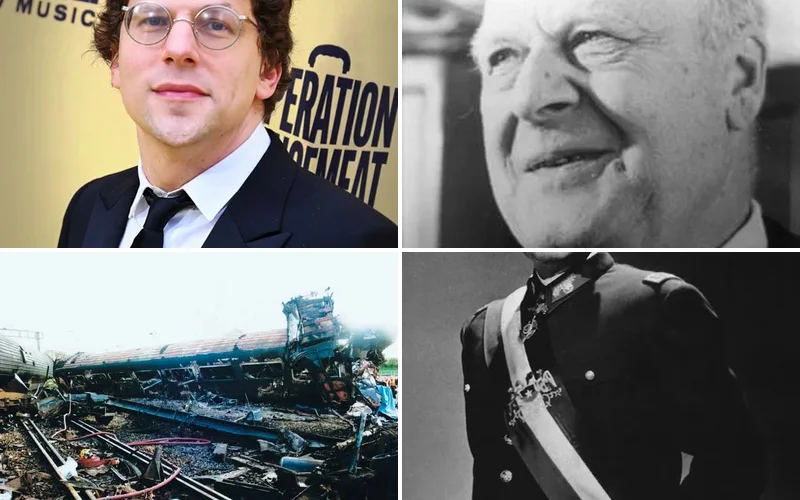
Politics and Government Events on October 5
1910 – Portuguese Revolution Overthrows Monarchy
A revolutionary uprising swept through Portugal, ending centuries of monarchical rule. Republican forces seized control of key government buildings and military installations across the nation.
The revolution established the Portuguese Republic and fundamentally transformed the country’s political landscape. This dramatic change aligned Portugal with the growing republican movements spreading across Europe.
1944 – French Women Gain Right to Vote
The Provisional Government of the French Republic granted women full voting rights for the first time in French history. This landmark decision came as France rebuilt its democratic institutions following liberation.
French women had fought alongside men in the Resistance, proving their commitment to democratic values. The enfranchisement represented a crucial step toward gender equality in post-war France.
1988 – Chilean Opposition Defeats Pinochet
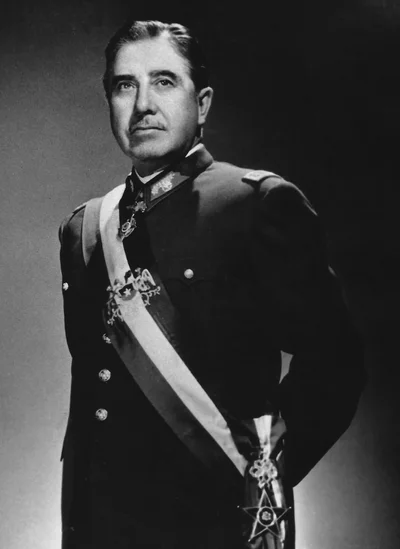
A coalition of opposition parties successfully defeated Augusto Pinochet’s bid for re-election in a historic referendum. The “No” campaign mobilized millions of Chileans against continued military rule.
This peaceful victory marked the beginning of Chile’s transition back to democracy. International observers praised the referendum as a model for democratic transformation in Latin America.
2000 – Mass Demonstrations Topple Milošević
Hundreds of thousands of Serbian citizens took to the streets, forcing President Slobodan Milošević to resign. The massive protests followed disputed election results that sparked nationwide outrage.
Opposition leaders coordinated the demonstrations through careful planning and grassroots organizing. Milošević’s fall ended years of authoritarian rule and international isolation for Serbia.
Military and Naval History on October 5
1914 – First Aerial Combat Victory
Military aviation achieved a deadly milestone when an aircraft successfully destroyed another aircraft using gunfire for the first time. This World War I engagement demonstrated the emerging importance of air power.
Pilots quickly adapted their flying machines from reconnaissance tools to weapons of war. The successful aerial attack forever changed military strategy and battlefield tactics.
1943 – Wake Island Atrocity
Japanese forces executed ninety-eight American prisoners of war on Wake Island in a brutal war crime. The massacre occurred after American forces had surrendered the Pacific outpost earlier in the war.
This atrocity exemplified the harsh treatment of Allied prisoners throughout the Pacific Theater. The executions violated international law and became evidence in post-war war crimes trials.
1970 – October Crisis Kidnapping
Members of the Front de libération du Québec kidnapped British Trade Commissioner James Cross in Montreal. The abduction triggered the October Crisis, Canada’s most serious peacetime security emergency.
Prime Minister Pierre Trudeau invoked the War Measures Act in response to the kidnapping. The crisis tested Canadian democracy and federal-provincial relations during a period of Quebec separatist tensions.
1980 – Guildford Pub Bombings
The Provisional Irish Republican Army detonated bombs in two Guildford pubs, killing four British soldiers and one civilian. The attacks targeted locations frequented by military personnel from nearby bases.
These bombings intensified the conflict between British forces and Irish republican militants. The tragedy highlighted the spillover of Northern Ireland’s troubles into mainland Britain.
Science and Discovery Milestones on October 5
1966 – Enrico Fermi Nuclear Incident
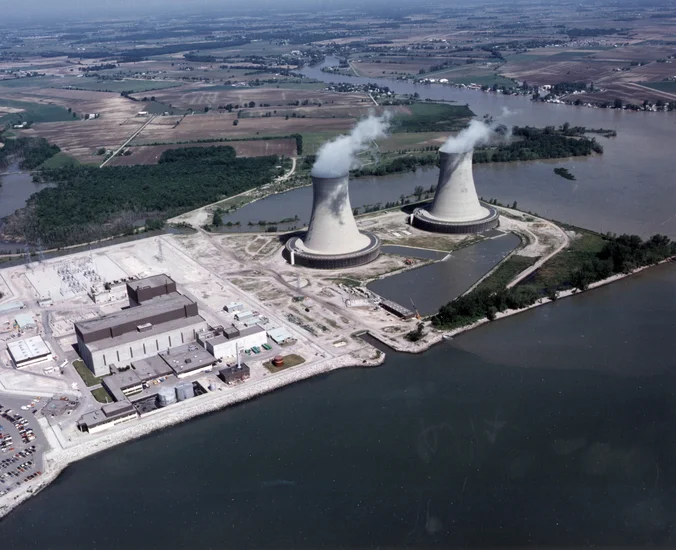
A reactor at the Enrico Fermi Nuclear Generating Station near Detroit suffered a partial meltdown, marking one of America’s most serious nuclear accidents. Plant operators struggled to contain the radioactive release and prevent further damage.
The incident demonstrated the potential dangers of nuclear power generation. Safety investigators used lessons learned from this accident to improve reactor design and emergency procedures.
1982 – Tylenol Cyanide Murders

Seven people died after taking cyanide-laced Tylenol capsules in Chicago, prompting a massive product recall. The poisonings created nationwide panic and forever changed pharmaceutical packaging standards.
Investigators never identified the perpetrator despite extensive investigations. The tragedy led to tamper-resistant packaging requirements that became industry standard worldwide.
1986 – Israeli Nuclear Weapons Revealed
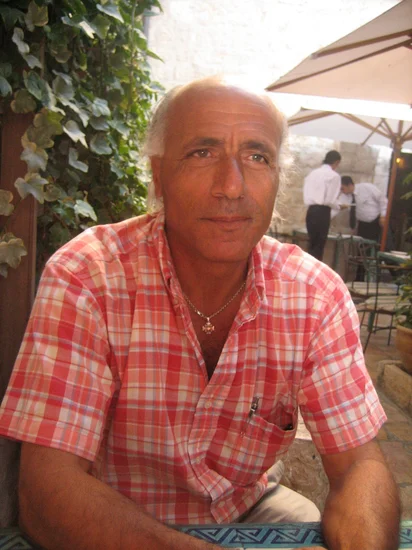
The Sunday Times published Mordechai Vanunu’s explosive revelations about Israel’s secret nuclear weapons program. Vanunu’s photographs and testimony provided unprecedented insight into Israel’s nuclear capabilities.
The disclosure confirmed long-held suspicions about Israel’s atomic weapons development. Vanunu’s revelations sparked international debate about nuclear proliferation in the Middle East.
1991 – Indonesian Air Force Tragedy

An Indonesian Air Force C-130 transport aircraft crashed, killing all 135 people aboard in one of the country’s worst aviation disasters. The military transport was carrying personnel and their families.
The crash highlighted safety concerns within Indonesia’s military aviation fleet. Investigators examined maintenance procedures and pilot training following the tragic accident.
Cultural and Arts Events on October 5
1962 – James Bond Film Debut
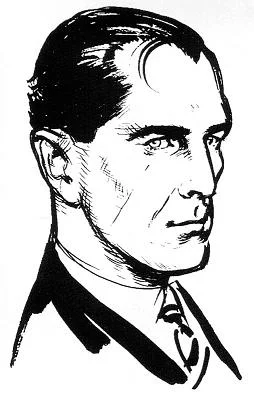
The first James Bond film, “Dr. No,” premiered in British cinemas, launching one of cinema’s most successful franchises. Sean Connery’s portrayal of the suave secret agent captivated audiences worldwide.
Ian Fleming’s literary creation successfully transitioned to the silver screen with style and sophistication. The film’s success established the template for action-adventure movies that continues today.
1962 – Beatles Release First Single
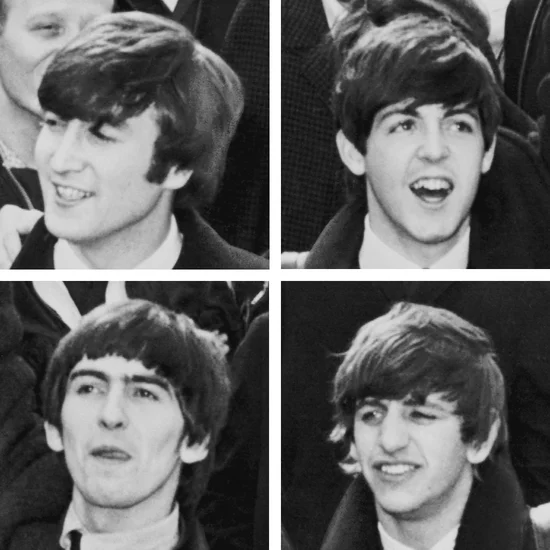
The Beatles released their debut single “Love Me Do” in Britain, marking the beginning of their meteoric rise to global fame. The song showcased the band’s harmonies and John Lennon’s distinctive harmonica playing.
This modest beginning launched the most successful recording career in popular music history. The single’s release date became a landmark moment in rock and roll evolution.
1970 – Public Broadcasting Service Founded
The Public Broadcasting Service officially began operations, providing educational and cultural programming to American television audiences. PBS created an alternative to commercial broadcasting focused on public service.
The network pioneered innovative programming for children, education, and the arts. PBS stations across America brought quality programming to communities previously underserved by commercial television.
1945 – Hollywood Studio Riot
A six-month strike by Hollywood set decorators erupted into violent clashes at Warner Brothers studio gates. The labor dispute reflected broader tensions between unions and studio management in post-war Hollywood.
Police intervened as picketers battled with studio security forces and strikebreakers. The confrontation highlighted the ongoing struggle for workers’ rights in the entertainment industry.
Religious and Social Events on October 5
1936 – Jarrow March Begins
The famous Jarrow March set off from the economically devastated town toward London, highlighting unemployment and poverty in northern England. Two hundred men walked 300 miles to petition Parliament for economic relief.
The march became a symbol of working-class determination during the Great Depression. Their peaceful protest drew national attention to the plight of Britain’s unemployed industrial workers.
1968 – Northern Ireland Civil Rights March
A Northern Ireland Civil Rights Association march in Derry was violently suppressed by police, marking a turning point in the civil rights movement. Television cameras captured brutal images of peaceful protesters being beaten.
The violent police response sparked outrage and intensified the civil rights campaign. This confrontation became a catalyst for the decades-long conflict known as “The Troubles.”
1938 – Nazi Passport Restrictions
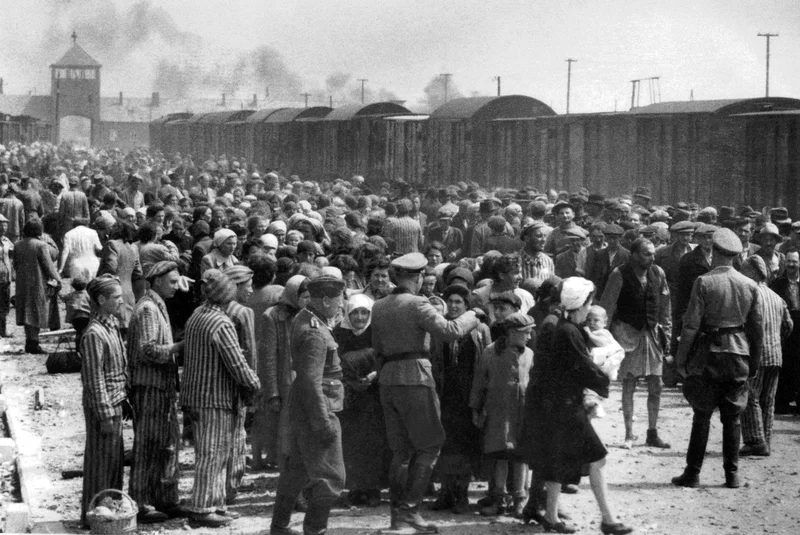
Nazi Germany invalidated all Jewish passports, severely restricting Jewish citizens’ ability to travel or escape persecution. The policy represented another step in the systematic persecution of German Jews.
This measure trapped thousands of Jewish families who had hoped to emigrate to safety. The passport restrictions demonstrated the Nazi regime’s determination to control and ultimately destroy Jewish life.
1994 – Solar Temple Mass Murder-Suicide
Swiss police discovered the bodies of 48 members of the Order of the Solar Temple in a cult mass murder-suicide. The tragic event shocked Switzerland and highlighted the dangers of extremist religious groups.
Investigators uncovered evidence of both voluntary suicides and murders within the cult. The discovery led to increased scrutiny of religious movements and cult recruitment practices.
Business and Economic Events on October 5
1990 – Australian Newspaper Merger
The Herald newspaper in Melbourne published its final edition after 150 years, marking the end of an era in Australian journalism. The closure resulted from media consolidation and changing reading habits.
The Herald’s merger with other publications reflected broader changes in the newspaper industry. Traditional print media faced increasing competition from television and emerging digital technologies.
1963 – US Trade Sanctions on South Vietnam
The United States suspended its Commercial Import Program with South Vietnam in response to the regime’s repression of Buddhist protesters. The economic pressure aimed to force political reforms.
President Ngo Dinh Diem’s government faced increasing American criticism for its authoritarian policies. The trade suspension signaled deteriorating relations between the two allies.
1999 – Ladbroke Grove Rail Disaster
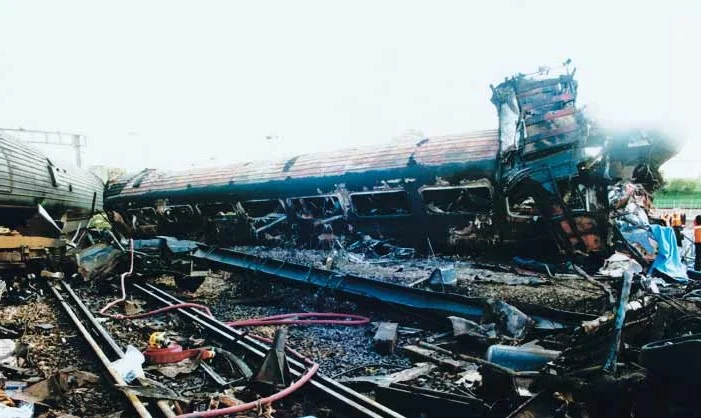
A passenger train collision at Ladbroke Grove in West London killed 31 people and injured hundreds more. The crash resulted from a signal passed at danger, highlighting railway safety concerns.
The disaster prompted major investigations into Britain’s railway signaling systems. Safety improvements included enhanced driver training and automatic train protection systems.
2011 – Mekong River Massacre
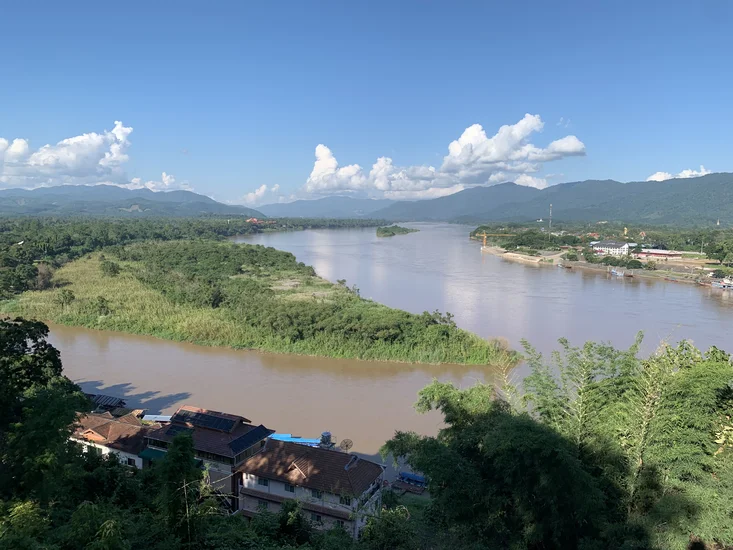
Pirates hijacked two Chinese cargo boats on the Mekong River, murdering 13 crew members in a brutal attack. The massacre highlighted lawlessness along the strategic waterway connecting China with Southeast Asia.
The incident prompted increased security cooperation between China, Thailand, Laos, and Myanmar. Joint patrols were established to protect merchant shipping on the vital trade route.
Transportation and Infrastructure on October 5
1905 – Wright Brothers Set Flight Record
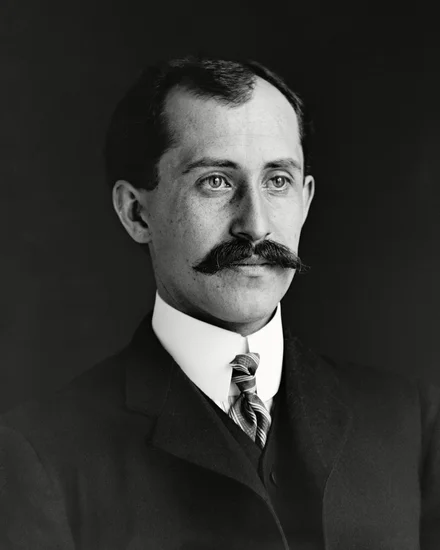
The Wright brothers piloted the Wright Flyer III for 24 miles in 39 minutes, establishing a new world record for sustained flight. This achievement demonstrated the practical potential of powered aviation.
Their success attracted international attention to American aviation pioneering. The flight proved that airplanes could become practical transportation rather than mere experimental curiosities.
1930 – British Airship Disaster
The British airship R101 crashed in France during its maiden voyage to India, killing 48 people aboard. The disaster effectively ended Britain’s airship program and imperial aviation ambitions.
The crash investigation revealed design flaws and rushed construction schedules. This tragedy marked the end of the airship era as commercial aviation shifted to heavier-than-air aircraft.
1931 – First Trans-Pacific Flight
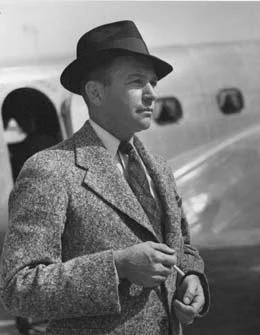
Clyde Pangborn and Hugh Herndon completed the first nonstop flight across the Pacific Ocean in their aircraft “Miss Veedol.” The pilots flew from Japan to Washington State in their modified Bellanca aircraft.
Their 41-hour flight opened new possibilities for trans-Pacific aviation. The achievement demonstrated that aircraft could eventually connect Asia and America with regular passenger service.
1911 – Kowloon-Canton Railway Opens
The Kowloon-Canton Railway commenced passenger service, connecting Hong Kong with mainland China. The railway provided crucial transportation links for both passengers and freight between the British colony and China.
This transportation infrastructure facilitated trade and cultural exchange across the border. The railway remained an important connection between Hong Kong and China throughout the twentieth century.
Sports and Recreation on October 5
1921 – First Radio World Series Broadcast
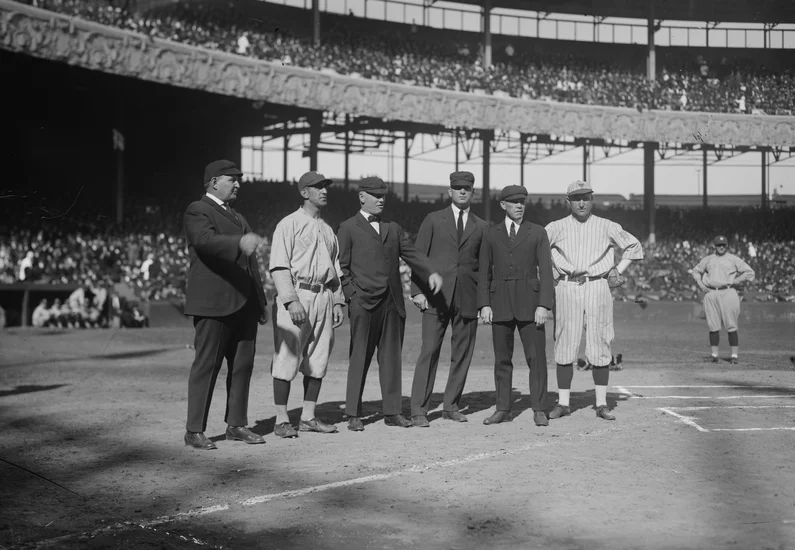
The World Series became the first baseball championship broadcast on radio, revolutionizing sports entertainment. Radio announcers brought the excitement of professional baseball into American homes nationwide.
The broadcast created a new form of sports journalism and fan engagement. Radio coverage helped baseball cement its position as America’s national pastime.
1947 – First Televised Presidential Address
President Harry Truman delivered the first televised address from the Oval Office, marking a new era in political communication. The broadcast demonstrated television’s potential for direct presidential communication with citizens.
This technological milestone changed how presidents would communicate with the American people. Television became the dominant medium for political messaging and public discourse.
1982 – First Canadian in Space

Marc Garneau became the first Canadian astronaut to travel to space, aboard the Space Shuttle Challenger. His mission represented a milestone in Canadian participation in space exploration.
Garneau’s flight inspired a generation of Canadian scientists and engineers. His achievement demonstrated Canada’s growing capabilities in aerospace technology and international cooperation.
Notable Births on October 5
1902 – Ray Kroc, McDonald’s Empire Builder
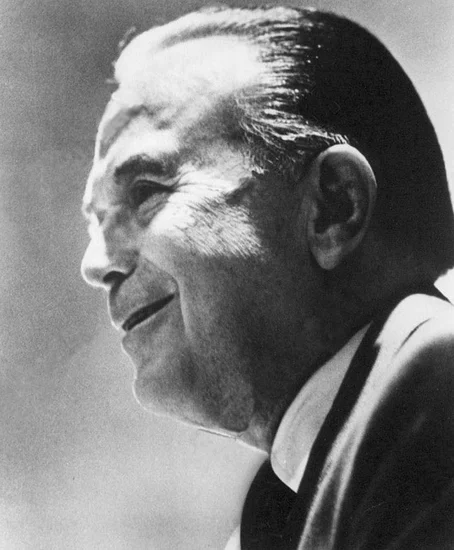
Ray Kroc entered the world destined to revolutionize American dining through his McDonald’s franchise system. His entrepreneurial vision transformed a small California restaurant into a global phenomenon.
Kroc’s business model emphasized consistency, efficiency, and rapid expansion across America. His innovations in fast food service created an entirely new industry segment.
1936 – Václav Havel, Czech President and Playwright

Václav Havel was born in Prague, combining artistic talent with political courage throughout his remarkable life. His plays and essays challenged communist authority and inspired democratic movements.
Havel’s moral leadership during the Velvet Revolution made him a natural choice as Czechoslovakia’s first post-communist president. His intellectual approach to politics earned international respect and admiration.
1951 – Bob Geldof, Music and Humanitarian Icon

Bob Geldof was born in Ireland, later becoming famous as both a rock musician and humanitarian activist. His band The Boomtown Rats achieved international success in the late 1970s.
Geldof organized Live Aid concerts to raise funds for African famine relief. His activism demonstrated how popular music could mobilize global humanitarian efforts.
1965 – Mario Lemieux, Hockey Legend

Mario Lemieux was born in Montreal, destined to become one of hockey’s greatest players. His exceptional skills and leadership transformed the Pittsburgh Penguins franchise.
Lemieux’s career included multiple Stanley Cup victories and individual scoring records. His battle with cancer and remarkable comeback inspired fans worldwide.
1975 – Kate Winslet, Academy Award Winner

Kate Winslet was born in England, developing into one of cinema’s most respected actresses. Her breakthrough role in “Titanic” launched an illustrious international career.
Winslet’s performances consistently earn critical acclaim and prestigious awards. Her versatility spans period dramas, contemporary films, and independent productions.
1983 – Jesse Eisenberg, Actor and Writer

Jesse Eisenberg was born in New York, becoming known for his intelligent portrayals of complex characters. His role as Mark Zuckerberg in “The Social Network” earned widespread recognition.
Eisenberg’s performances often explore themes of alienation and modern anxiety. His writing talents extend beyond acting to include plays and prose fiction.
Notable Deaths on October 5
1921 – John Storey, Australian Premier
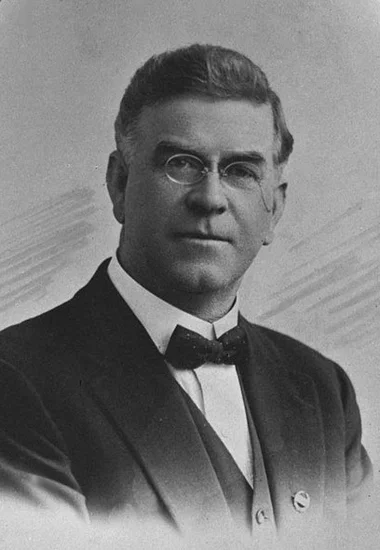
John Storey passed away while serving as the 20th Premier of New South Wales. His leadership during World War I and post-war reconstruction earned him widespread respect.
Storey’s progressive policies focused on workers’ rights and social reform. His sudden death during his political prime shocked the Australian Labor movement.
1933 – Renée Adorée, Silent Film Star
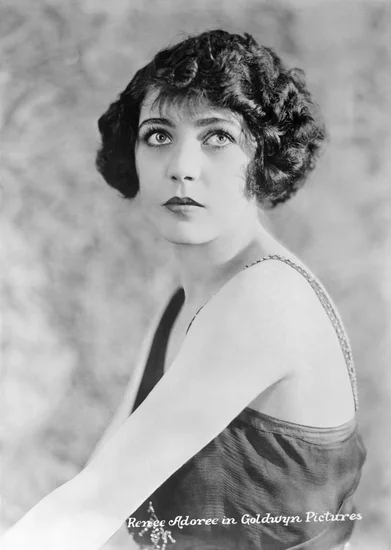
Renée Adorée died at the height of her fame as a leading actress in silent films. Her performances in romantic dramas captivated audiences during Hollywood’s golden age.
Adorée’s European background brought sophistication to American cinema. Her death marked the end of an era as talking pictures replaced silent films.
1976 – Lars Onsager, Nobel Prize Winner

Lars Onsager died after revolutionizing theoretical chemistry and physics through his groundbreaking research. His work on irreversible thermodynamics earned him the Nobel Prize.
Onsager’s mathematical approach to chemical processes advanced scientific understanding significantly. His theories continue to influence modern chemistry and materials science.
2004 – Rodney Dangerfield, Comedy Legend
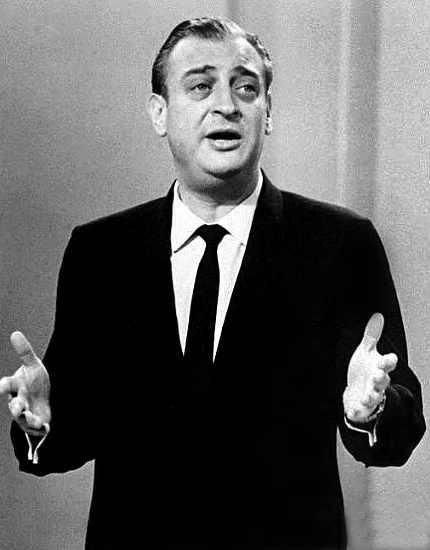
Rodney Dangerfield passed away after decades of making audiences laugh with his self-deprecating humor. His catchphrase “I don’t get no respect” became part of American cultural vocabulary.
Dangerfield’s late-career success in films introduced his comedy to new generations. His unique style influenced countless comedians and comedy writers.
2011 – Steve Jobs, Apple Co-founder

Steve Jobs died after transforming multiple industries through his innovative vision and design perfectionism. His leadership at Apple revolutionized personal computing, music, and mobile communications.
Jobs’ keynote presentations became legendary events that generated worldwide excitement. His emphasis on elegant design and user experience set new standards across technology industries.
2011 – Fred Shuttlesworth, Civil Rights Leader
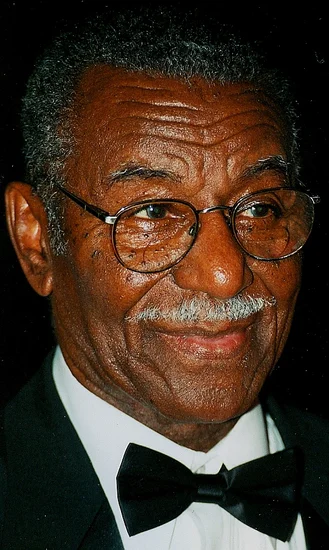
Fred Shuttlesworth passed away after dedicating his life to the civil rights movement. His courageous activism in Birmingham, Alabama, helped galvanize national support for racial equality.
Shuttlesworth survived multiple assassination attempts while organizing peaceful protests. His partnership with Martin Luther King Jr. proved instrumental in advancing civil rights legislation.
Holidays and Observances on October 5
World Teachers’ Day
UNESCO established World Teachers’ Day to honor educators and recognize their crucial role in society. The observance highlights the importance of quality education and teacher training worldwide.
Teachers around the globe receive recognition for their dedication to student learning and development. The day promotes awareness of educational challenges and the need for teacher support.
Republic Day in Portugal
Portugal commemorates the 1910 revolution that established the Portuguese Republic and ended monarchical rule. The national holiday celebrates democratic values and republican institutions.
Portuguese citizens reflect on their nation’s democratic journey and constitutional principles. The day features ceremonies honoring the republic’s founding and democratic traditions.
Constitution Day in Vanuatu
Vanuatu celebrates its constitution and the legal framework that guides the Pacific nation. The holiday emphasizes the importance of constitutional government and rule of law.
Citizens participate in civic ceremonies recognizing their constitutional rights and responsibilities. The observance strengthens democratic institutions and national unity.
